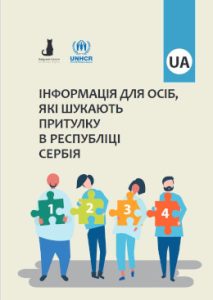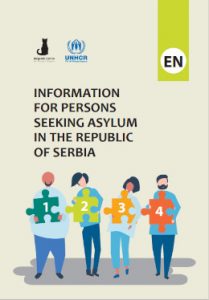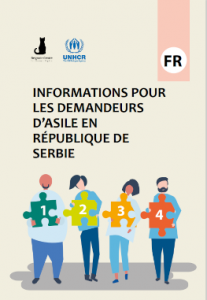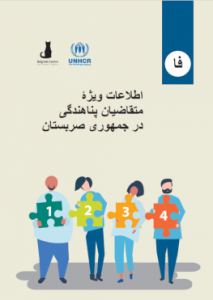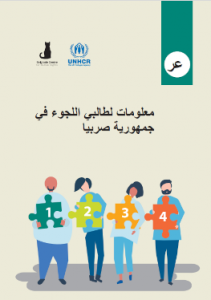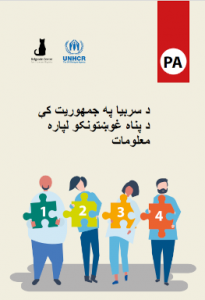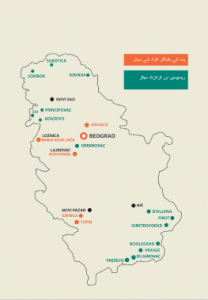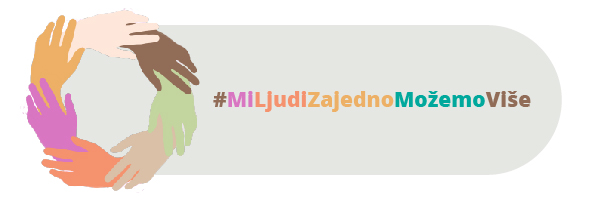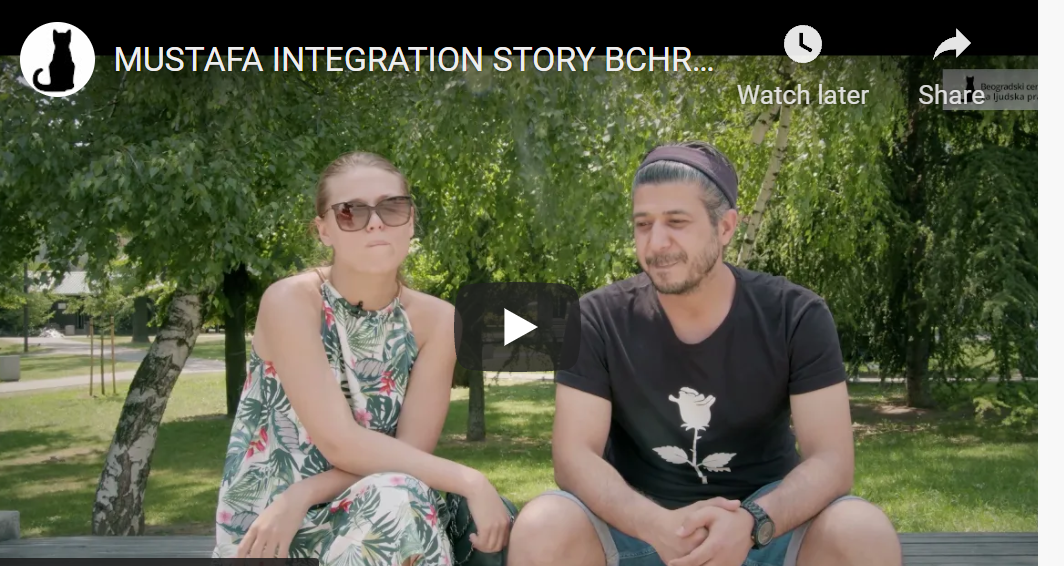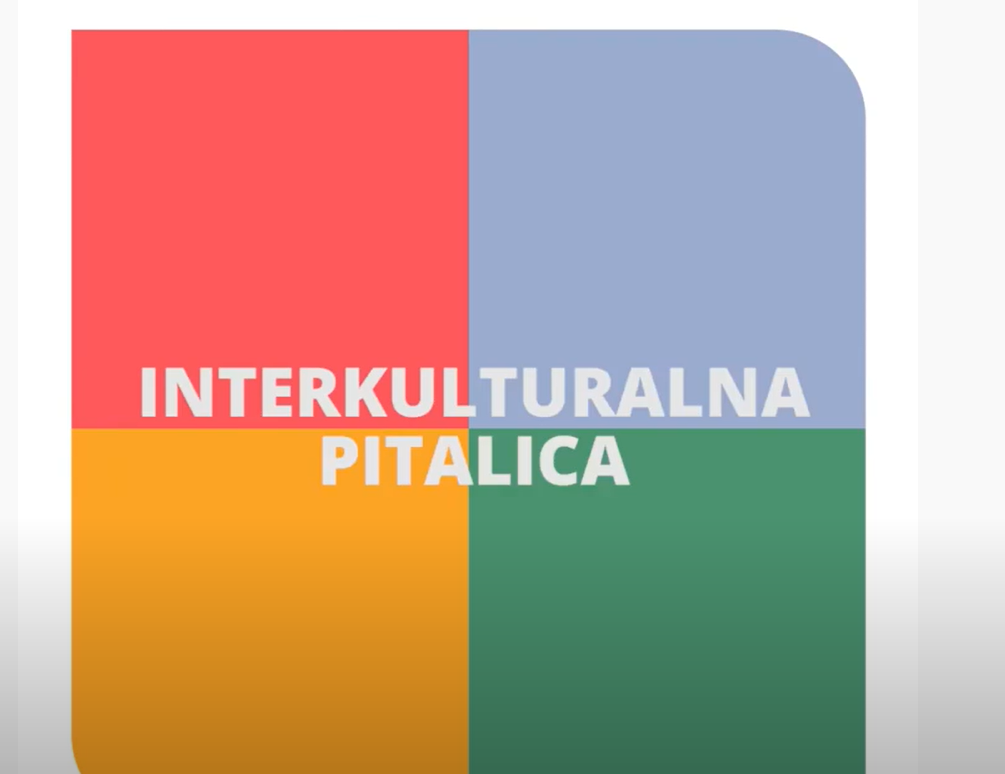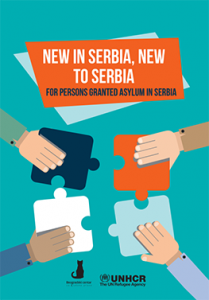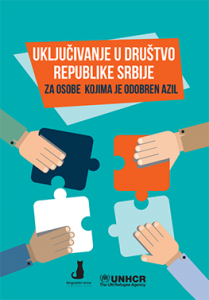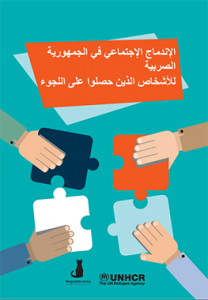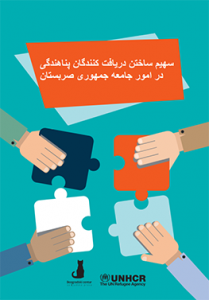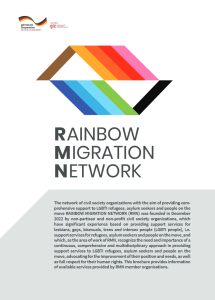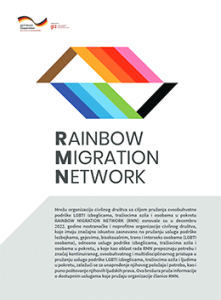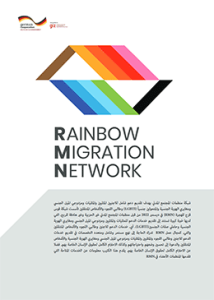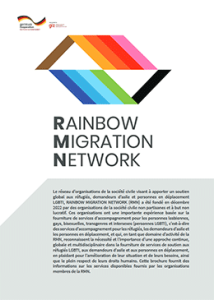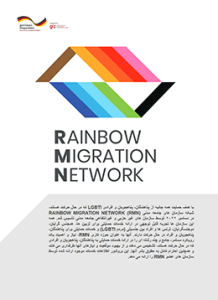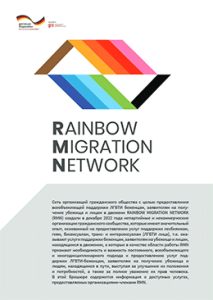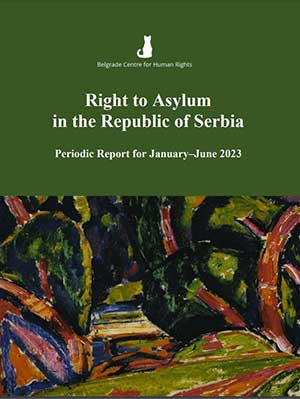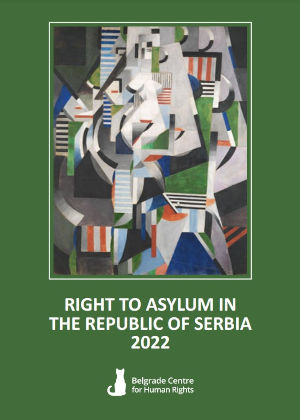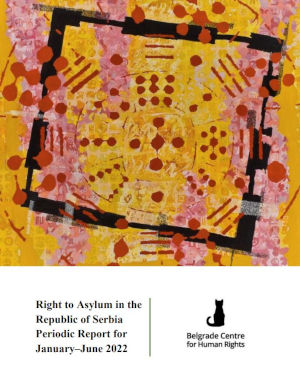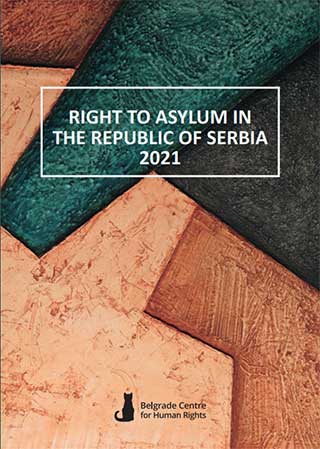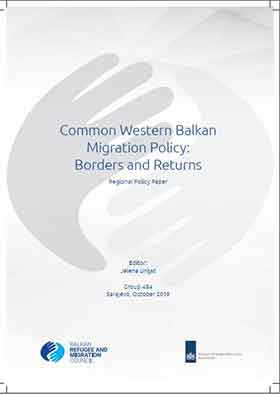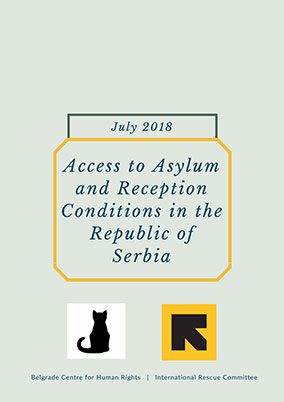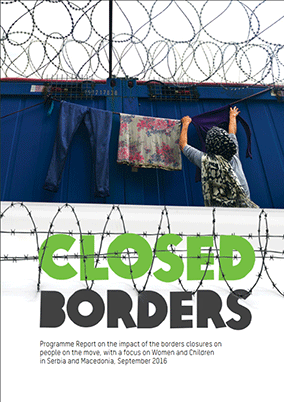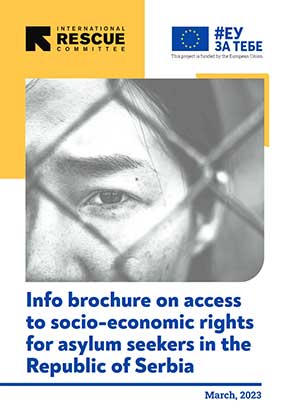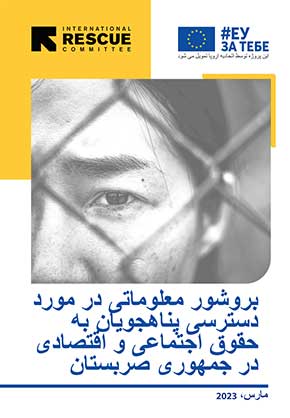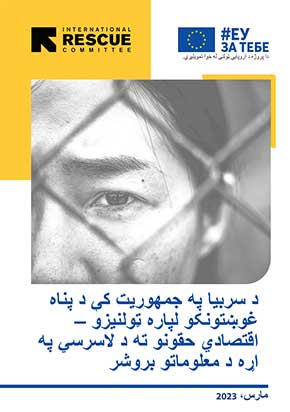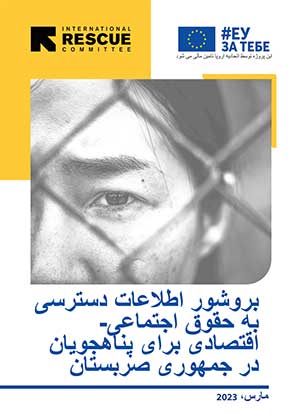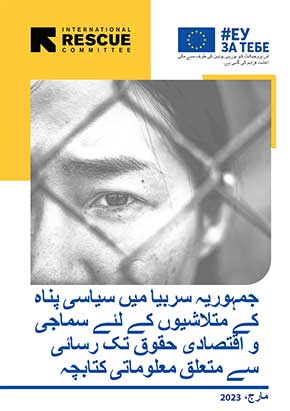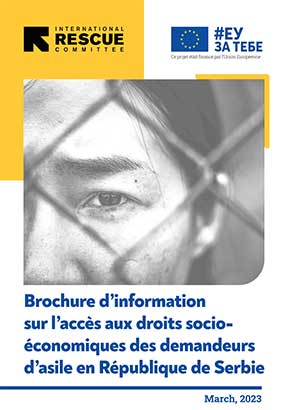We continuously monitor the state of affairs both in the countries where the asylum-seekers come from and in Serbia. All of our findings and reports are available at the Centre’s webpage at www.azil.rs

As a partner of the United Nations High Commissioner for Refugees, the Belgrade Centre for Human Rights has, since 2012, provided asylum-seekers in Serbia with free legal aid: they are explained their rights and obligations and represented before the proper authorities in Serbia and the European Court of Human Rights.

A Story of Young Farhad
A Story of Young Farhad Almost half of all refugees in Serbia are children. Many of them are talented as Farhad, a refugee from Afghanistan. Meet him in this short video created by International Rescue Committee in Krnjaca Asylum centre:European Court of Human Rights found that Hungary violates the rights of refugees
In its decision Ilias and Ahmed v. Hungary from 14 March 2017, the European Court of Human Rights found that Hungary had violated several provisions of the European Convention on Human Rights by returning two asylum seekers from Bangladesh (after carrying out the accelerated asylum procedure in Röszke detention unit) back to Serbia in 2015. […]

Migration through Art
Last year, the Belgrade Centre for Human Rights and Liceulice started the new cycle of For Good Causes platform, which aims to promote socially engaged design. Young artists from across the region who engage with citizens were given an assignment to raise awareness about the problems migrants face on their journey in an alternative way, [...]The Refugee Situation in Serbia in February 2017
According to UNHCR statistics, there were approximately 7,650 migrants in Serbia at the end of February 2017, a slight decrease compared to the previous month. Around 86% of those were accommodated in one of the 17 reception centres across Serbia, while the rest resided in deserted domiciles near the main bus station in Belgrade or […]
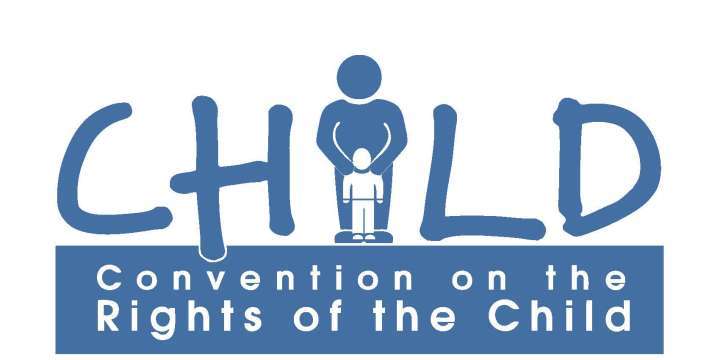
The Committee on the Rights of the Child: Recommendations for the improvement of the position of unaccompanied or separated child refugees in Serbia
As a State Party to the Convention on the Rights of the Child and the Optional Protocols on the sale of children, child prostitution and child pornography, and on the involvement of children in armed conflict, in line with Article 44 of the Convention, the Republic of Serbia is obligated to provide the Committee on […]
As a partner of the United Nations High Commissioner for Refugees, the Belgrade Centre for Human Rights has, since 2012, provided asylum-seekers in Serbia with free legal aid: they are explained their rights and obligations and represented before the proper authorities in Serbia and the European Court of Human Rights.
We continuously monitor the state of affairs both in the countries where the asylum-seekers come from and in Serbia. All of our findings and reports are available at the Centre’s webpage at www.azil.rs

